I’m thrilled to announce that our Georgia nonprofit, Superhero Success Foundation has been established. Through this IRS approved charity, we can create exciting children’s books featuring superhero characters that just happen to have special needs. Through the organization, books can be donated to children’s hospitals, camps for special needs kids, schools, and more.
Already, we’ve been asked to provide books for the campers attending Camp Trach Me Away this June. This will give the kids at camp a chance to see a character in a book who also has a tracheostomy tube in his neck–but also happens to be a superhero!
Our board of directors is looking to our next steps, such as creating a website, a logo, and drafting a mission statement that matches our articles of incorporation and by-laws. Overall, we hope to break barriers in children’s book publishing through creating amazing characters, who just happen to have special needs. Our first book, Jeremiah Justice Saves the Day has exceeded our expectations, thanks to the amazing talent of illustrator Rashad Doucet. We are so excited to share this book with the world and start making a difference in kids’ lives!

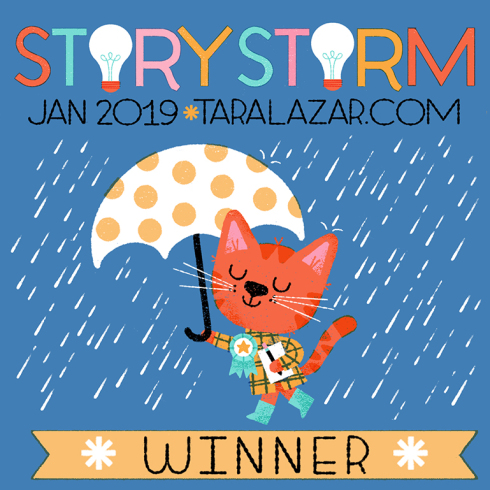
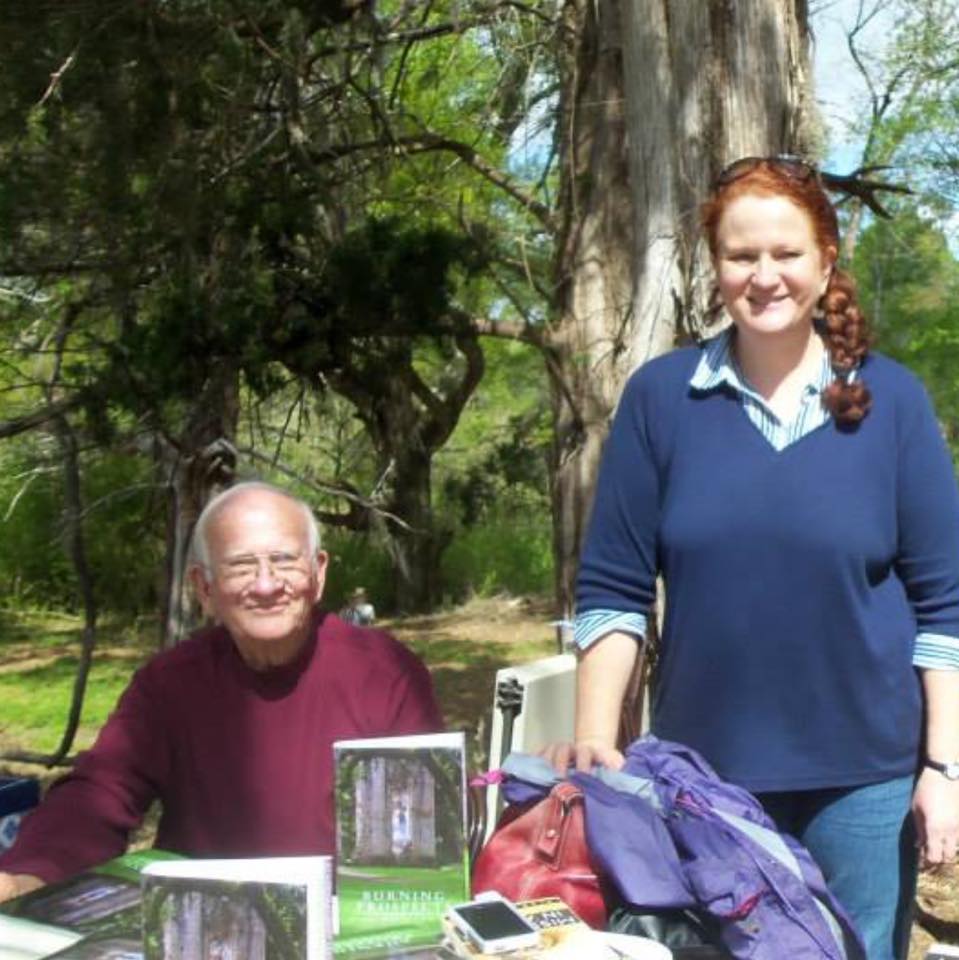

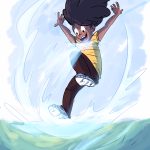
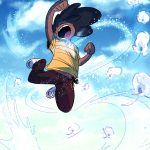
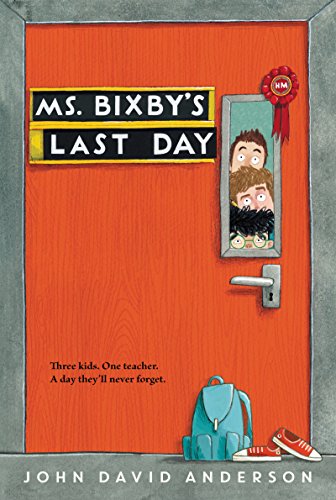
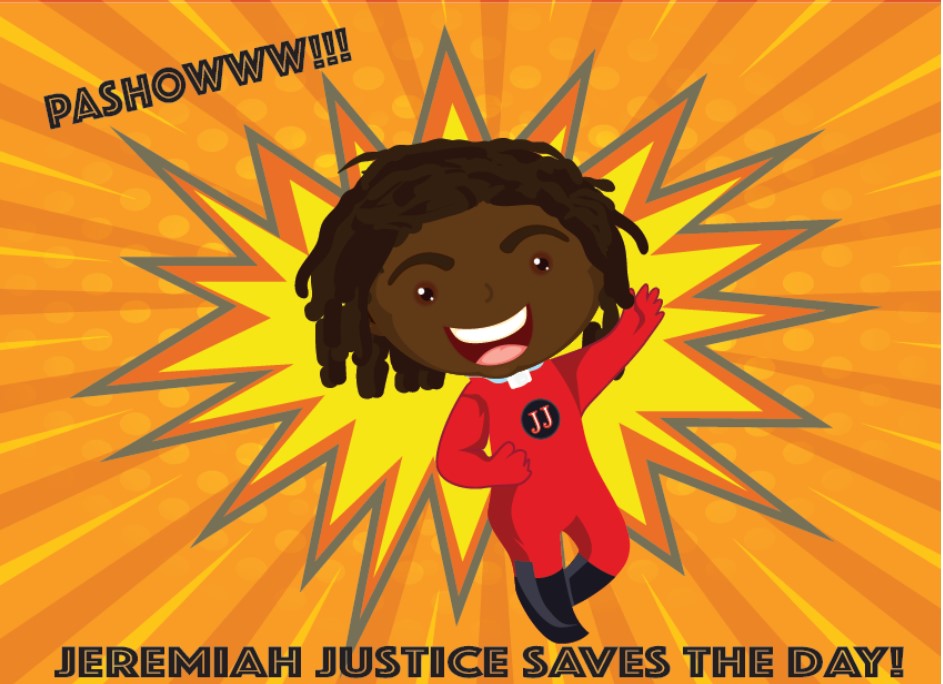
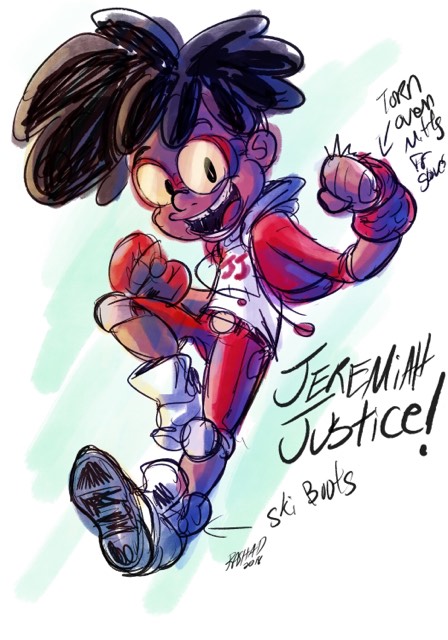
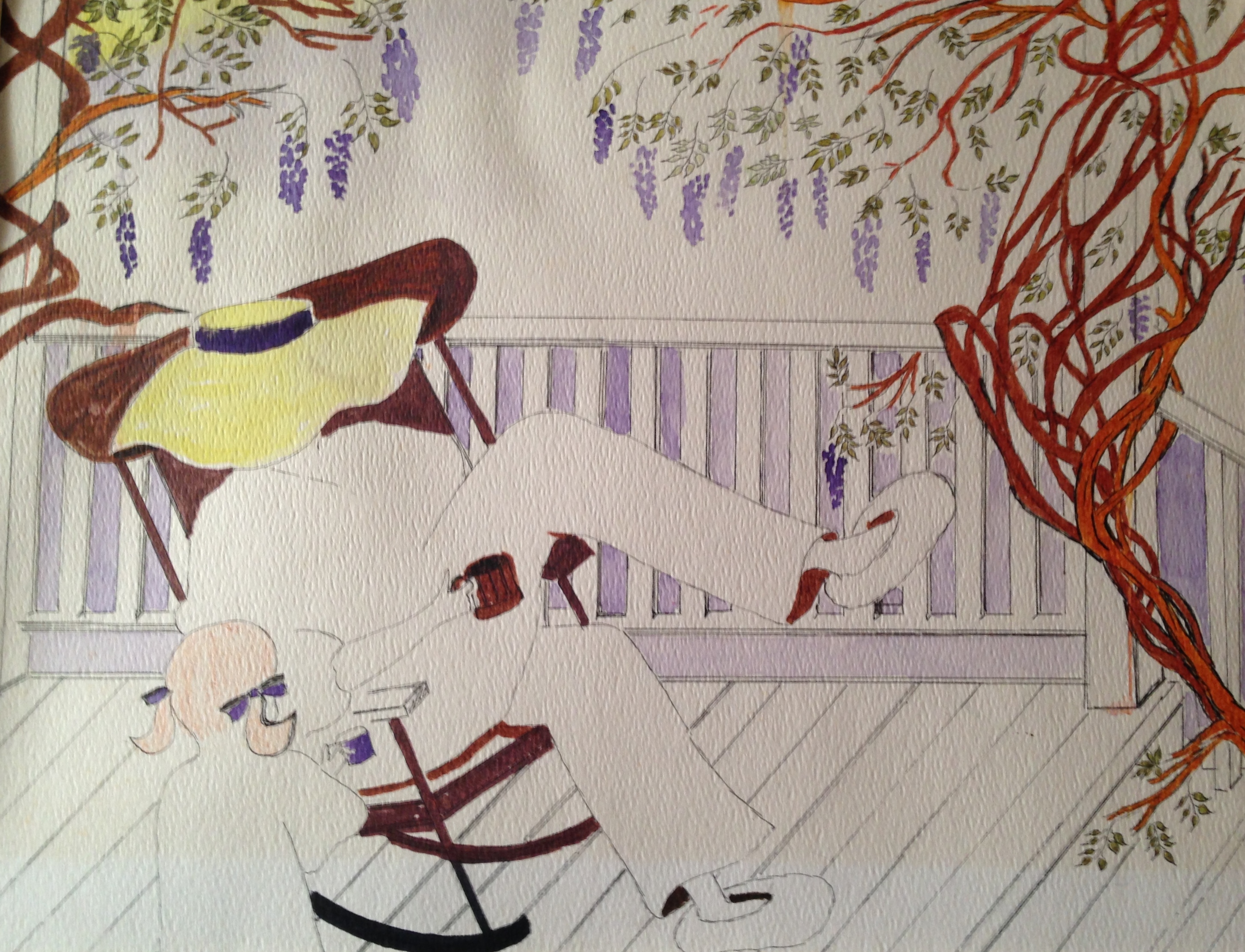 Many moons ago, I blogged about the Welsh word hiraeth (HEER-eyeth). The word is used to describe a homesickness for a home you cannot return to, or even a home which maybe never was. It describes a sense of nostalgia and yearning for lost places of your past.
Many moons ago, I blogged about the Welsh word hiraeth (HEER-eyeth). The word is used to describe a homesickness for a home you cannot return to, or even a home which maybe never was. It describes a sense of nostalgia and yearning for lost places of your past.




